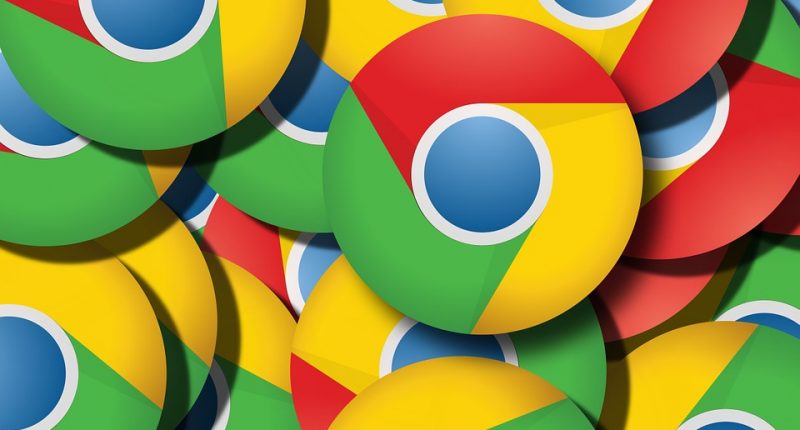New York-headquartered tech giant Yahoo has reportedly expressed a strong interest in acquiring the Chrome web browser if the court mandates its divestiture. According to a report by Bloomberg, this revelation emerged during Google’s ongoing US Justice Department (DOJ) antitrust trial, focused on its alleged monopolistic practices in the search engine market.
During the proceeding, Brian Provost (Yahoo’s General Manager of Search) testified that owning a web browser is crucial for any search engine aiming to compete effectively. He highlighted that around 60% of search queries are conducted through web browsers, often directly via the address bar. Considering this, Yahoo has been developing its own browser prototype.
However, acquiring an established browser like Chrome would significantly expedite the company’s efforts to increase its market presence. In fact, Provost estimated that buying Chrome could elevate Yahoo’s search market share from its current 3% to double digits. He also believed that such a deal would likely cost tens of billions of dollars, and Yahoo (backed by its parent company, Apollo Global) has the financial capacity to pursue this acquisition.
It is important to note that Yahoo is not alone in its interest. Other companies, including Perplexity and OpenAI, have also expressed a desire to acquire Chrome. In fact, earlier OpenAI’s Head of Product – Nick Turley testified that the ChatGPT maker would be interested in purchasing Google’s Chrome browser if the court mandates its sale. Turley highlighted that search functionality is crucial for ChatGPT to deliver timely and factual information to users. He noted that while the AI chatbot currently uses Microsoft’s Bing for search, having access to multiple search partners (including Google) would improve the product’s performance.
These testimonies come at a time when the Department of Justice (DOJ) has already proposed remedies to address Google’s alleged monopolistic practices, including the sale of Chrome and requiring Google to share its search data with competitors.
Notably, the DOJ’s broader case (United States v. Google LLC – 2020) against Google focuses on the company’s dominance in the search market, arguing that exclusive agreements and control over search data suppress competition and innovation. Meanwhile, in response to the antitrust scrutiny, the Pichai-led company has proposed easing its agreements with partners to allow more flexibility in setting default search engines and browsers.
The scenario becomes significant as Google Chrome is the world’s most widely used web browser, accounting for around 66.6% of the global browser market share in 2024. In India, Chrome’s presence is even more prominent, with a market share of about 89% last year. Overall, Chrome surpassed 3 billion users worldwide.
The browser serves as a critical gateway to Google’s ecosystem, providing seamless integration with services like Search, Gmail, and YouTube. Importantly, this integration not only improves user experience but also drives substantial advertising revenue for the company.
The Tech Portal is published by Blue Box Media Private Limited. Our investors have no influence over our reporting. Read our full Ownership and Funding Disclosure →






